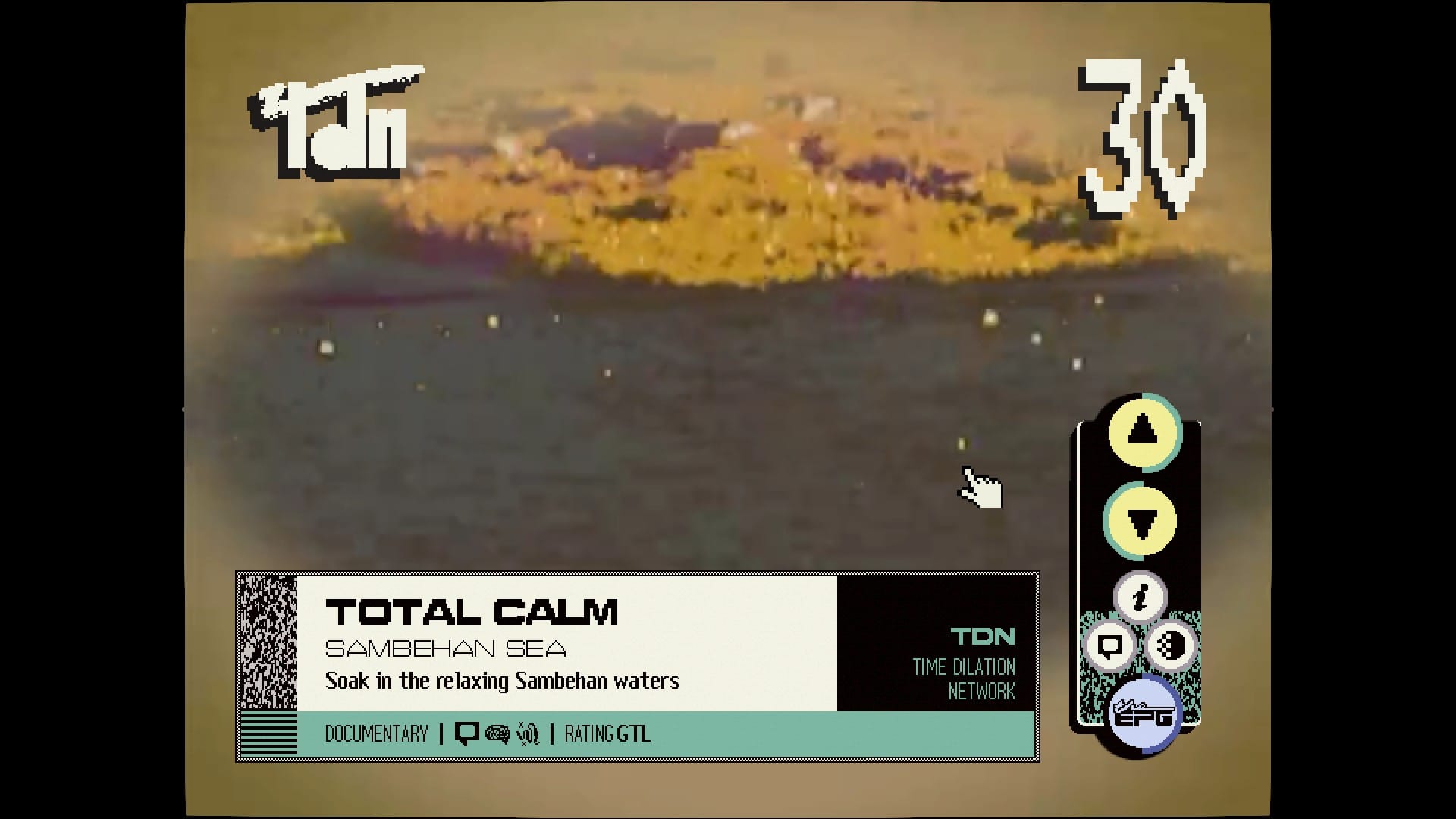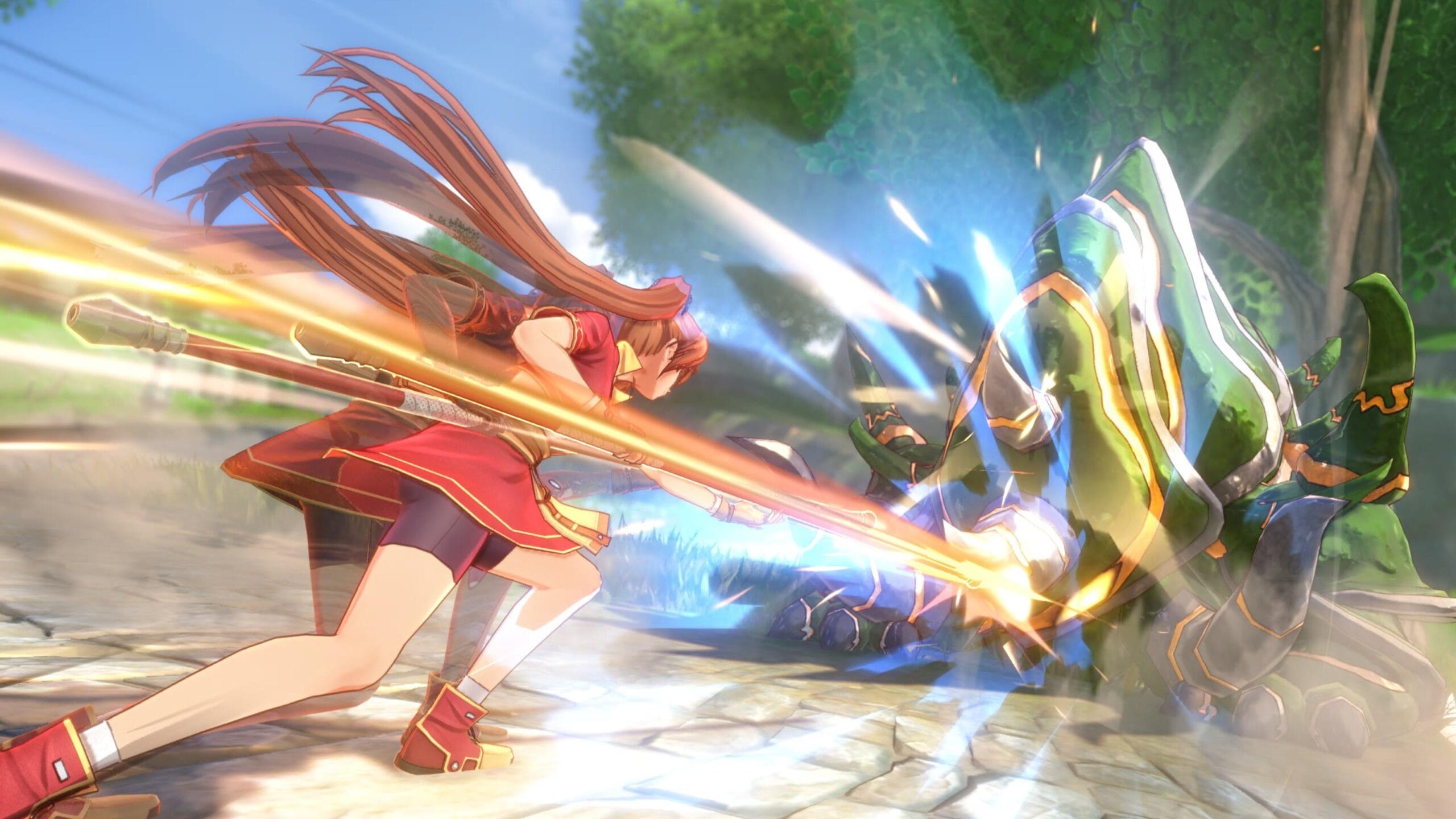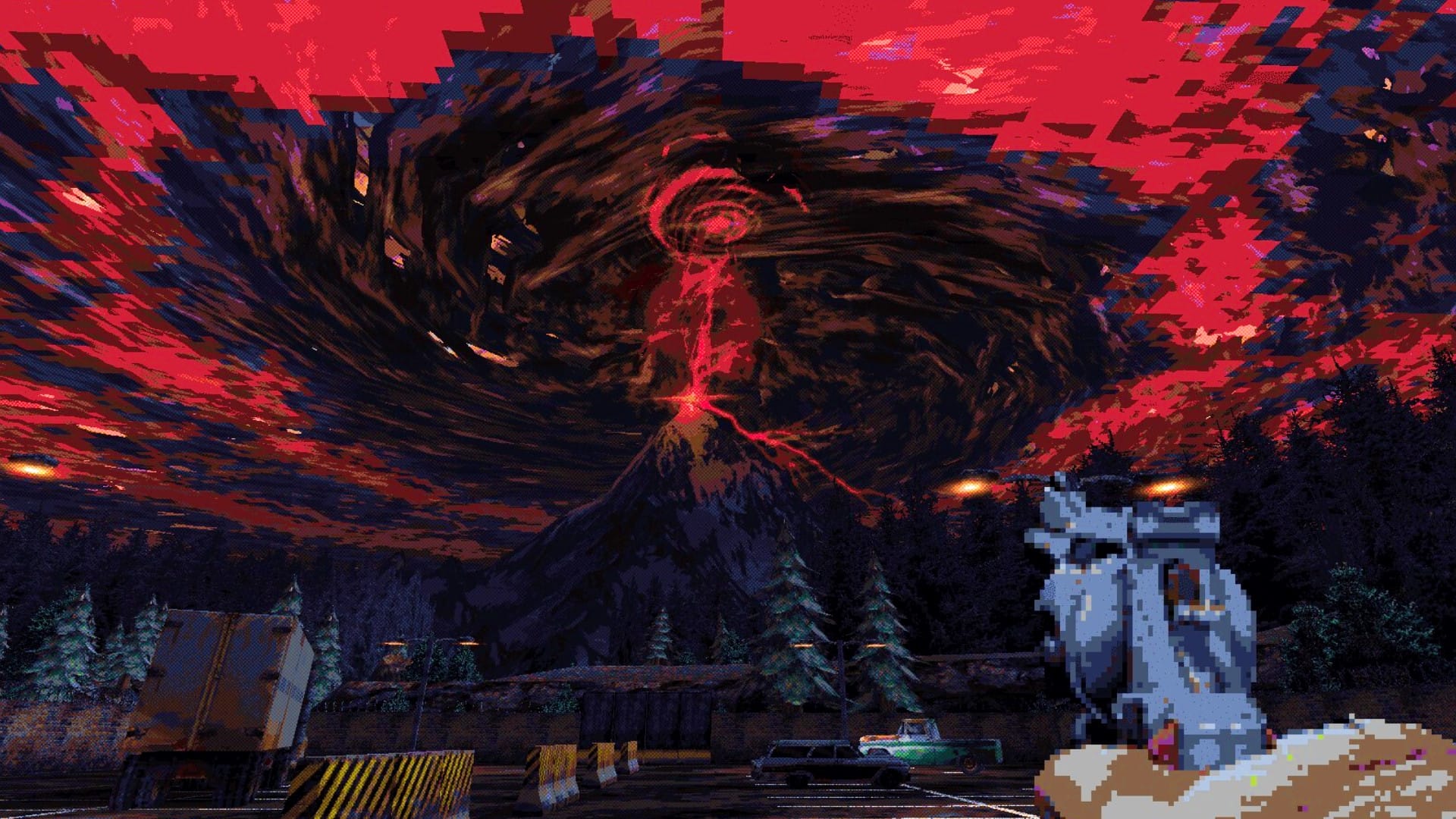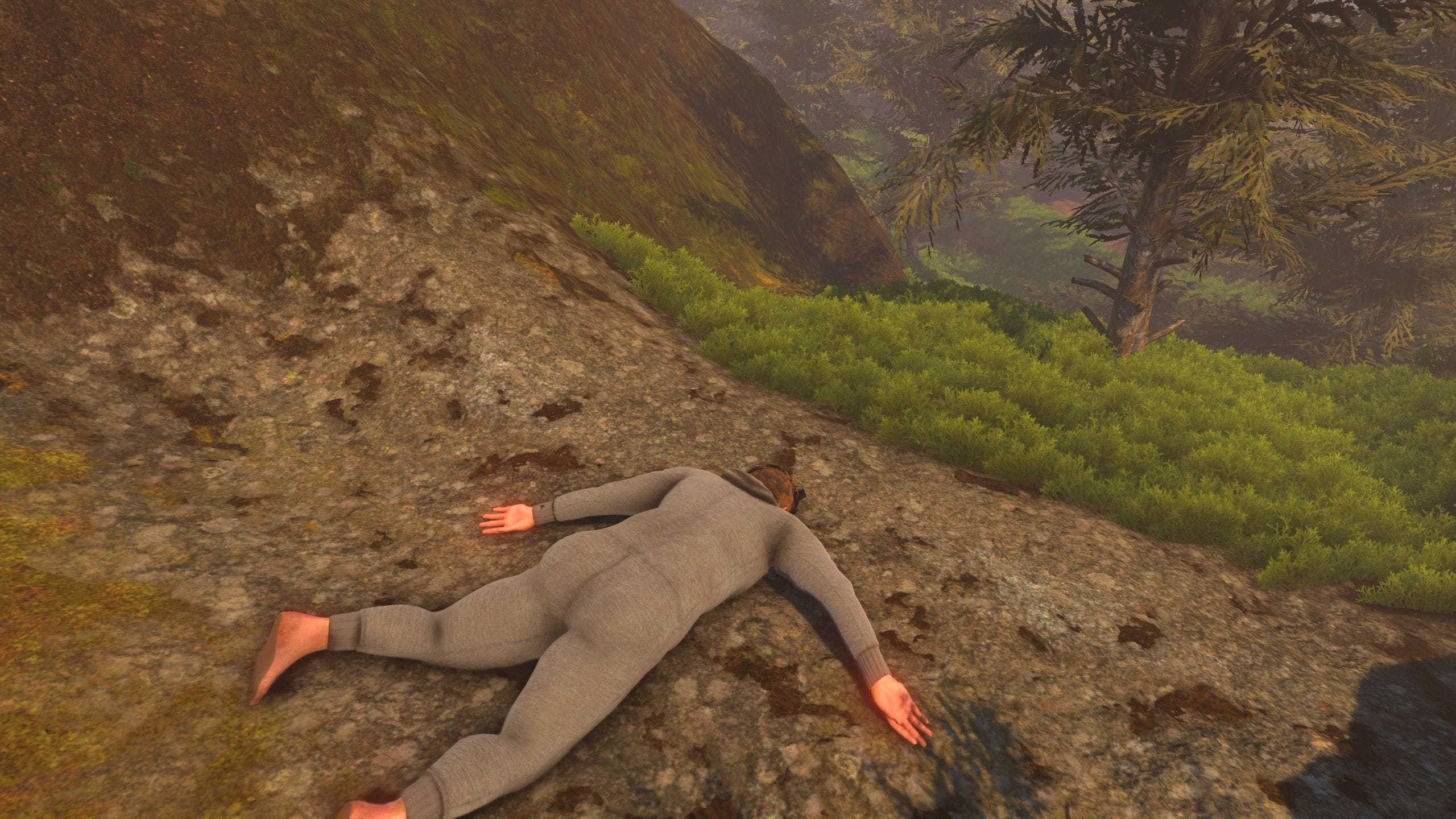The twists and turns that come in life are what make us who we are. To some, those happen in some incredibly intense ways, while others are fortunate to have things take place at an even pace. Regardless of the manner that they occur, it’s always a kick to hear stories like the ones told in Jordan Mechner’s Replay: Memoir of an Uprooted Family.
In his new book where the creator of classic videogames such as Karateka and Prince of Persia shares some of his family’s history in comic book form. In its 300+ pages, Mechner recounts part of the lives of three generations as they make do and survive through such calamities as the first and second World Wars as well as the Holocaust, all the while he touches upon his career as a game designer and the trials and tribulations that followed him.
With works like this, I’m always astounded by the courage one has to have in order to put out their life for all to see, warts and all, and in the case of Jordan, he also dives into the sacrifices that his family had to go through in order to survive during two specific moments in Europe’s history. He interweaves those with his own trajectory, which includes in broad strokes the events that the excellent The Making of Karateka delved into last year.
One with his grandfather Adolf and the toils he went through in WW1 as a conscript in the frontlines and later while he tried to seek refuge for his family elsewhere, as chronicled in his journal, which Mechner and his dad Francis strived to publish online, along with Francis’ own account of his childhood during Nazi occupation of his home country. Having recently re-read Art Spielgeman’s Maus recently, it was easy to draw parallels between that book and the way Mechner went about telling his family’s history.
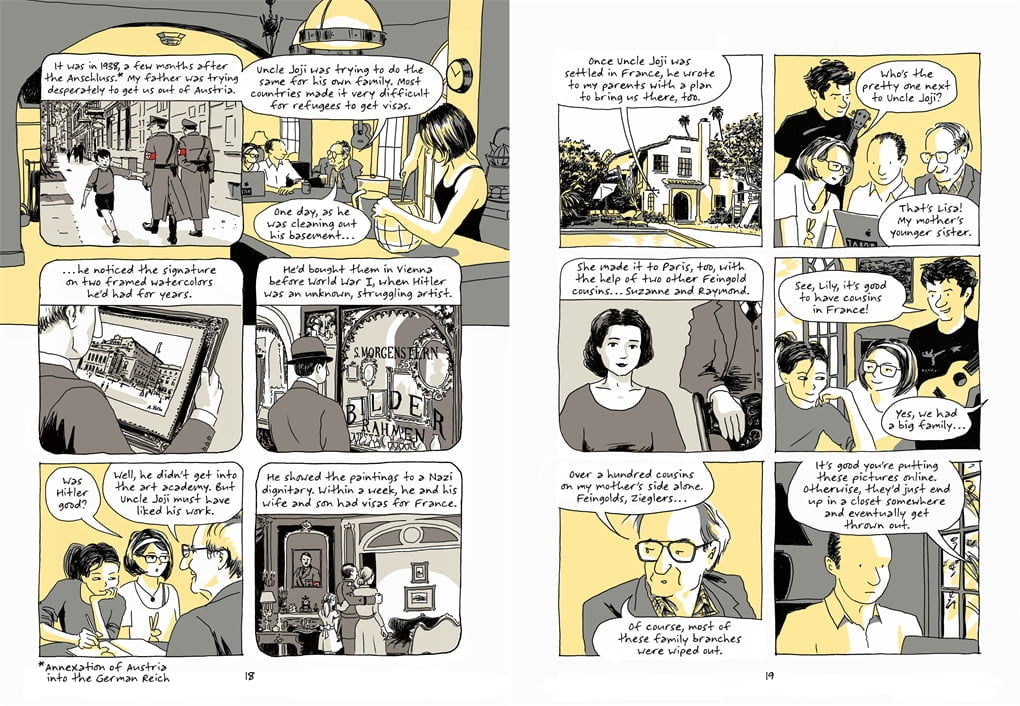
The whole book flows by quite well, too, since Mechner jumps from one timeline to another in expert fashion. I was able to read it at a brisk pace, with stops here and there, as I worked at home. It’s definitely something that’s hard to put down for too long before I was itching to go back to reading. Jordan has an obvious talent for storytelling as well as an illustrator as Replay does a fantastic job at showing. It’s a comic book with a lot of staying power while at the same time light enough for just about anyone to read through, even those who are not into the format.
It makes me even more interested now in filling my shameful gap in gaming and finally make my way through The Last Express, where he borrowed a section of family history in order to tell his own story aboard a very specific train with a significant personal meaning. Along with that game, the author also details some of his less known attempts at continuing the story of the original Prince of Persia in the form of a third game that never got off the ground.
That in particular is something I’m very keen on knowing, having watched Matt McMuscle’s recent look at Prince of Persia 3D, a game that at the outset was supposed to be that, but turned out very differently. His failure in getting that made is only one of many that served as the foundation for his career, one that makes it clear that developing games is often heartbreaking as we see in the book, where Mechner shows how his family life changed in order to fit his dreams in game-making.
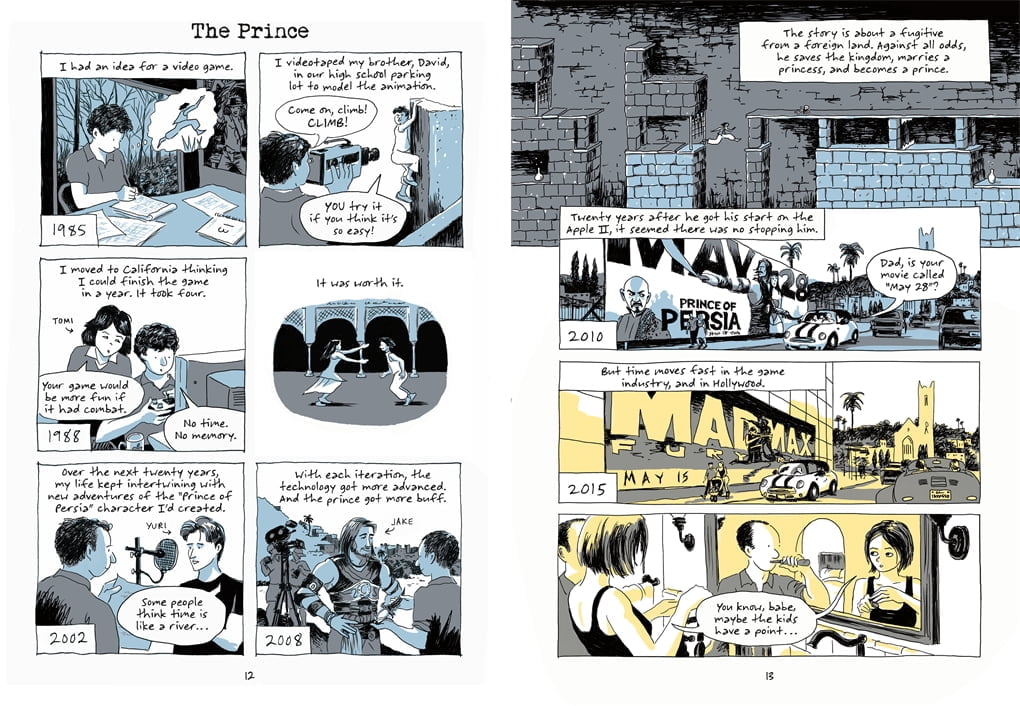
It’s pretty much what the core idea behind this book boils down to: life is a series of compromises one has to make in order to keep going. Whether these decisions are forced on them by extenuating circumstances like war and persecution or the passion and obsession of turning a long-running dream into reality, it’s hard to deny that they are what make us human. Not all are the best or most desirable, but are the building blocks that make up the path taken for people to get where their fate has them going.
Replay: Memoir of an Uprooted Family is a deeply emotional account that should be read not just as a piece of media with relation to videogames, but the journal that is put together by the lives of real people through many terrible events that took place in the past and unfortunately mirror today’s reality. As someone with a family background that’s very similar in origin as the author, it was especially personable and left an impression. Much like his games, Mechner put a lot of himself in Replay making it an intimate story that you shouldn’t go without if you appreciate following accounts like this as I do.


